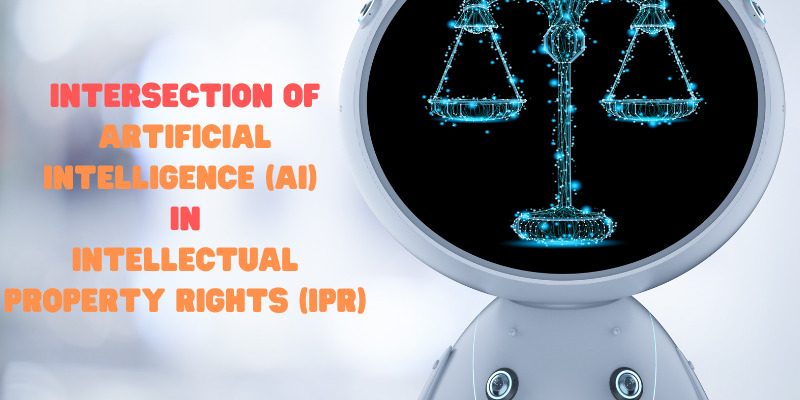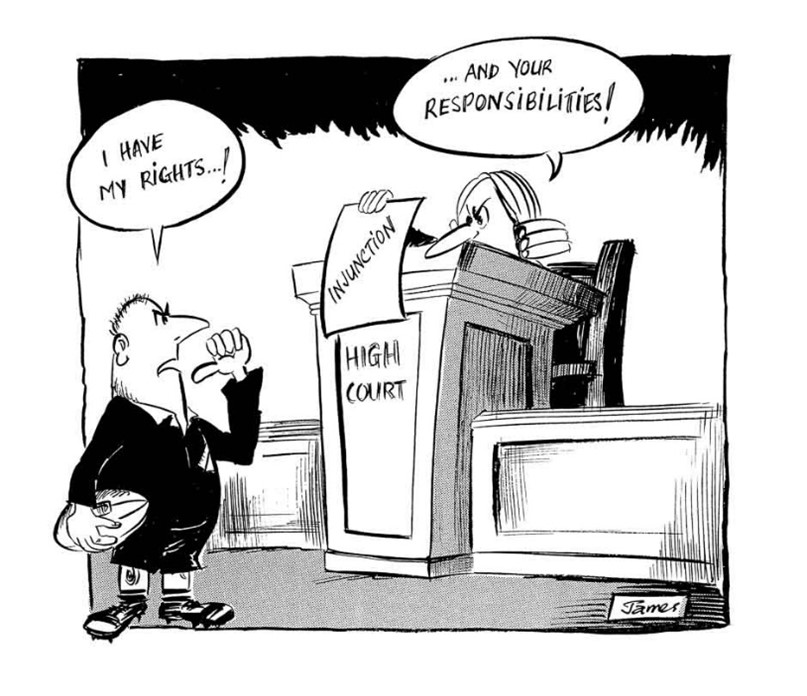
What is the distinctiveness of a trademark?
A trademark is a symbol, word, or phrase that identifies and distinguishes a company’s products or services from those of other businesses. One of the most important aspects of coining a strong trademark is its distinctiveness. A distinctive trademark can help a business stand out in a crowded marketplace and create a strong brand identity. In this article, we will discuss the importance of distinctiveness in a trademark and how to achieve it. Distinctiveness refers to the ability of a trademark to stand out and be easily recognizable. A distinctive trademark is one that is unique and easily distinguishable from other trademarks in the same industry. It is important to ensure that a trademark is distinctive to prevent confusion among customers and to establish a strong brand identity. There are four levels of distinctiveness for trademarks: Arbitrary or Fanciful Trademarks: Arbitrary or fanciful trademarks are the most distinctive and unique.…

Protecting Your Intellectual Property in the Age of 3D Printing: Challenges and Solutions
Introduction 3D printing has revolutionized the manufacturing industry by allowing the creation of complex and customized objects at a low cost. However, this technology has also given rise to new challenges in the area of intellectual property protection. In this article, we will explore the challenges of protecting your intellectual property in the age of 3D printing and provide some solutions to mitigate these risks. Understanding 3D Printing Before we discuss the challenges, it's important to understand how 3D printing works. It's a process of creating a physical object from a digital design file. The design file is created using Computer-Aided Design (CAD) software or obtained from an online database. The design file is then uploaded to the 3D printer, which uses additive manufacturing to create the object by building it layer by layer. Challenges of Protecting Your Intellectual Property in 3D Printing With the ease of access to 3D…

The Future of Intellectual Property Law in India: Trends and Predictions
An Overview of Key Developments and Changes in India's IP Landscape As India's economy continues to grow and evolve, so too does its intellectual property (IP) landscape. From new laws and regulations to shifting market trends and emerging technologies, the future of IP law in India is constantly evolving. Here, we take a closer look at some of the key trends and predictions shaping the future of IP law in India. The Rise of Digital IP One of the biggest trends in IP law is the rise of digital IP. With the growing use of digital technologies, including the internet, social media, and e-commerce, businesses are increasingly relying on IP to protect their online assets. In India, this has led to a surge in digital IP-related legal cases, including trademark and copyright infringement, domain name disputes, and cybersecurity breaches. Increased Focus on Patent Protection Another trend in IP law is…

Intersection of Artificial Intelligence and Intellectual Property Laws
In recent years, the rapid advancements in artificial intelligence (AI) have significantly impacted various aspects of human life and revolutionized numerous industries. As AI continues to develop and integrate into our daily lives, the intersection of AI and intellectual property (IP) laws has become an increasingly important topic. This blog post aims to explore this intersection, discuss the challenges it presents, and suggest potential solutions for striking a balance between innovation and protection. The Growing Impact of Artificial Intelligence AI encompasses a wide range of technologies, from machine learning algorithms to natural language processing and computer vision. These technologies enable machines to learn from data, make decisions, and perform tasks that traditionally required human intelligence. AI has been successfully applied in various sectors, including healthcare, finance, manufacturing, and transportation, where it has led to significant improvements in efficiency, cost reduction, and the development of innovative products and services. This rapid…

Case in Point: Sun Pharma Ltd vs. DWD Pharma Ltd
Case in Point is a new series where we discuss case laws and explain certain basic concepts which may be useful to all practitioners and students alike. The first part of this series focusses on the recent judgment of the Delhi High Court in Sun Pharmaceutical Industries Ltd v. DWD Pharmaceuticals Ltd[1], wherein the Delhi High Court in an Order 39 Rule 4 application preferred by the Defendant, had imposed costs on the Plaintiff for suppression of material facts but at the same time confirmed the ad-interim ex-parte order of injunction granted to the Plaintiff. The judgment is succinctly put, merely 24 pages but provides an opportunity to revisit certain concepts. Brief Facts: The Plaintiff claimed that the defendants mark ‘FOLZEST’ infringed its mark ‘FORZEST’. The Delhi High Court on 19.05.2022 had granted an ad-interim ex-parte order from infringing the Plaintiff’s mark. Thereafter the Defendant preferred an application under Order…
Form 27 – Understanding Form 27 for Patentees and Licensees in the Post-2024 Amendment
Patents grant inventors exclusive rights over their creations for a…

Interpretation of Section 3(i) of the Indian Patent Act, 1970 in the Context of Non-Invasive Prenatal Testing
Introduction The advent of Non-Invasive Prenatal Testing (NIPT) has revolutionized…

Microsoft vs. Indian Patent Office – Decisions by Delhi High Court on Software Patents in India
The part of this series focuses on the…

Case in Point: Sun Pharma Ltd vs. DWD Pharma Ltd
Case in Point is a new series where…
Categories
Recent Discussions
Recent FAQs Published by the Indian Patent Office on Form 27
The Indian Patent Office recently released a comprehensive FAQ document regarding Form 27, aimed at clarifying the requirements and procedures for patentees and…
Recent Discussions
A Comprehensive Guide to Patent Searches: Types, Examples, and When to Use Them
Patent searches are a crucial aspect of the patenting process. Whether you're an inventor, entrepreneur, or a legal professional, understanding the different types…
We are here to help you
Talk to us or write to us to get your concerns addressed right away!!
